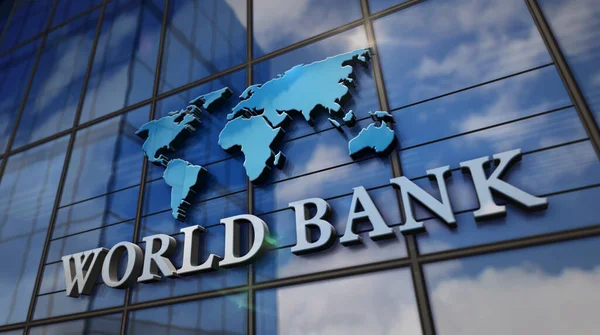The World Bank has disclosed that it will allocate at least $5 billion which will be deployed to deliver ‘reliable, affordable, renewable electricity’ to 100 million Africans by the end of the decade, the president of the development lender announced on Thursday.
The World Bank estimates that around 600 million people in Africa do not currently have access to reliable electricity, a key factor hampering job creation and economic development on the continent.
To meet its new objective to alleviate poverty on a ‘livable planet,’ Ajay Banga said the World Bank must find ways to connect more people to a greener energy grid.
Electricity ‘should be for everyone,’ he told a meeting of the International Development Association (IDA) — the bank’s concessional lender to some of the world’s poorest countries — in Zanzibar, Tanzania, on Wednesday.
“With $5 billion from IDA, we are on a mission to deliver reliable, affordable, renewable electricity to 100 million Africans before 2030,” he said.
Alongside the commitment from IDA, the World Bank is looking to bring in an additional $10 billion in private and public funding to aid the project, he added.
The plan will look to modernize existing grids, build out solar power, improve reliability and boost cross-border trade in energy, he explained.
‘We must find a way to finance a different world, where climate is protected and poverty is defeated,’ he said.
Meanwhile, the chief economist of the World Bank, Indermit Gill, cautioned on Wednesday that the potential rise in interest rates may pose challenges for nations already grappling with debt issues.
Major central banks, including the US Federal Reserve and the European Central Banks, have initiated rate hikes while cautioning that they may need to maintain higher rates for an extended duration to tackle heightened inflation.
The International Monetary Fund (IMF) released a statement on Tuesday asserting that the global economy is holding its ground, despite the enduring impact of COVID, the Ukrainian war, and a cost-of-living crisis. However, it’s not racing ahead; it’s ‘limping.’
‘In spite of all of these shocks, we have not seen any big economies really get into trouble. But the good news basically ends there,’ said World Bank chief economist Indermit Gill.

